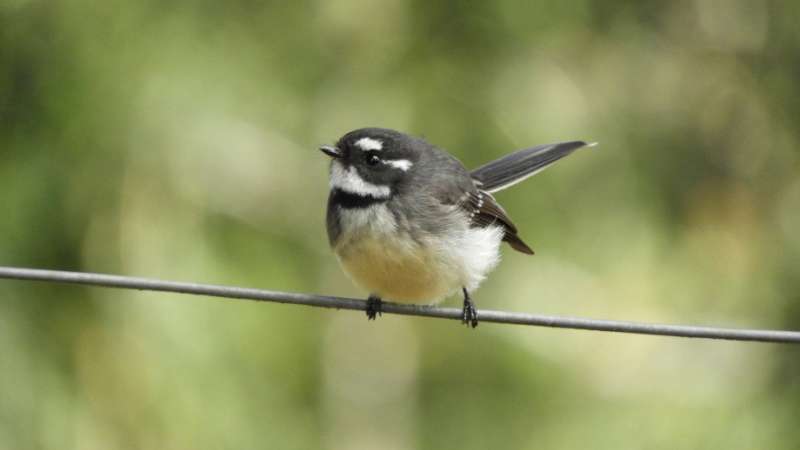New use of limited data helps prevent species loss

A team of researchers have discovered that studying small groups of wildlife and how they share scarce resources in particular environments can be critical to preventing wide-spread species loss.
Researchers from the ARC Centre of Excellence for Environmental Decisions, including collaborators from The Australian National University (ANU) and CSIRO, developed a new way of predicting responses for an entire community of species living together in landscapes with multiple threats.
Lead researcher Dr Ayesha Tulloch from the ANU Fenner School of Environment and Society said the new approach enabled managers to discover which species will benefit or decline under a selected management strategy.
"It looks at how the entire community of linked species will change if one or more recovery actions are carried out in a degraded landscape," Dr Tulloch said.
"By thinking not only about individual species but about how they share space and resources with others, we can ensure that management actions are chosen that benefit the most vulnerable species, and avoid actions that might lead to unintended declines."
Dr Tulloch said the new approach meant that even if we only know the responses of a handful of species we can now predict how the rest will respond to management of degraded landscapes.
"Despite decades of studying species' responses to environmental change and, more recently, the threatening processes that destroy their populations and habitats, we know almost nothing about how most communities will respond to management of the multitude of threats acting on them," she said.
"Limited conservation funding means we know how a small number of species might react to land management. By understanding how they interact with their neighbours when resources are scarce, we can now discover who wins and loses if we change the landscape by planting trees or taking cattle off farms."
The research is published in Nature Ecology and Evolution.
More information: Ayesha I. T. Tulloch et al. Species co-occurrence analysis predicts management outcomes for multiple threats, Nature Ecology & Evolution (2018). DOI: 10.1038/s41559-017-0457-3
Journal information: Nature Ecology & Evolution
Provided by Australian National University














